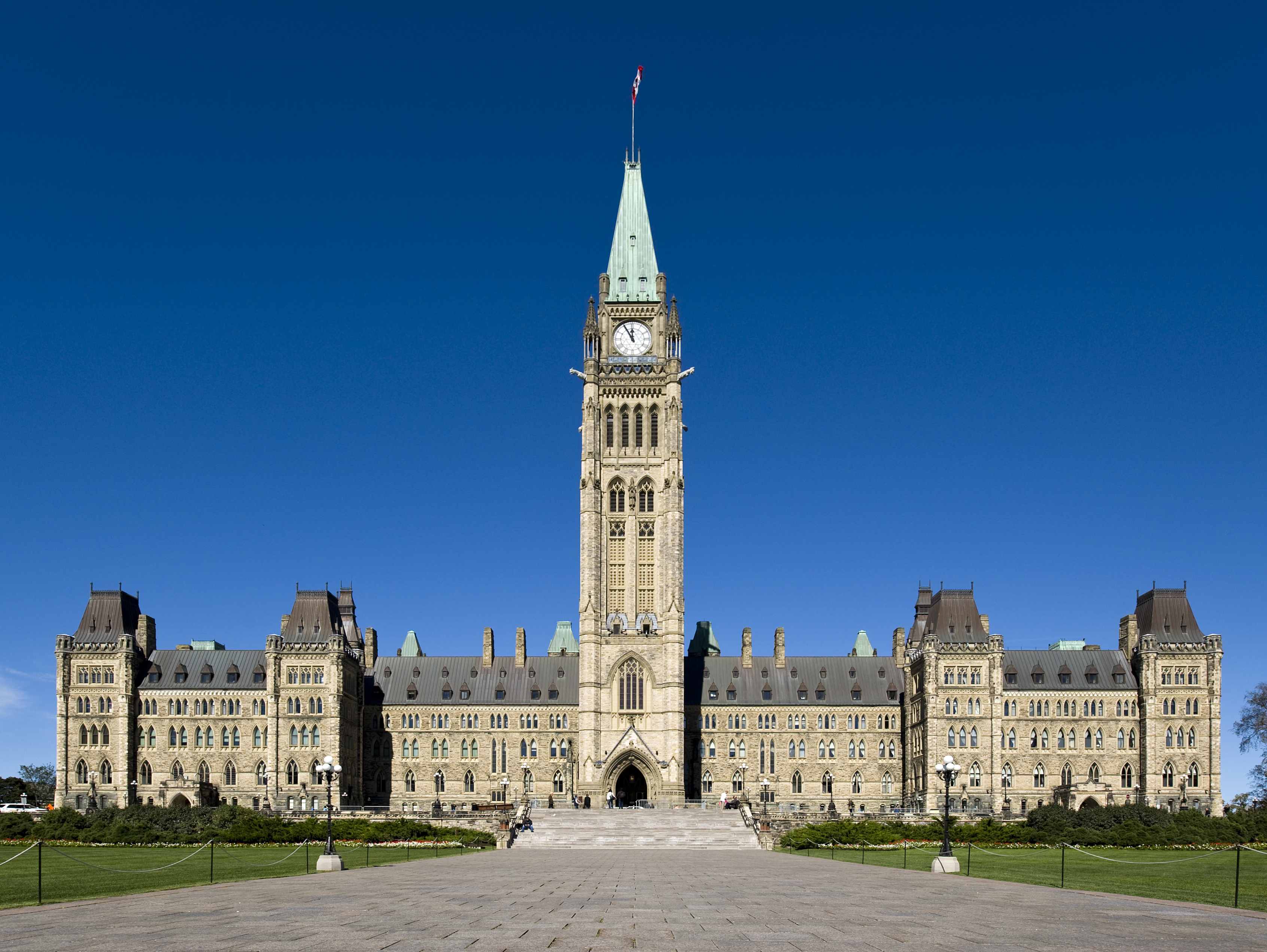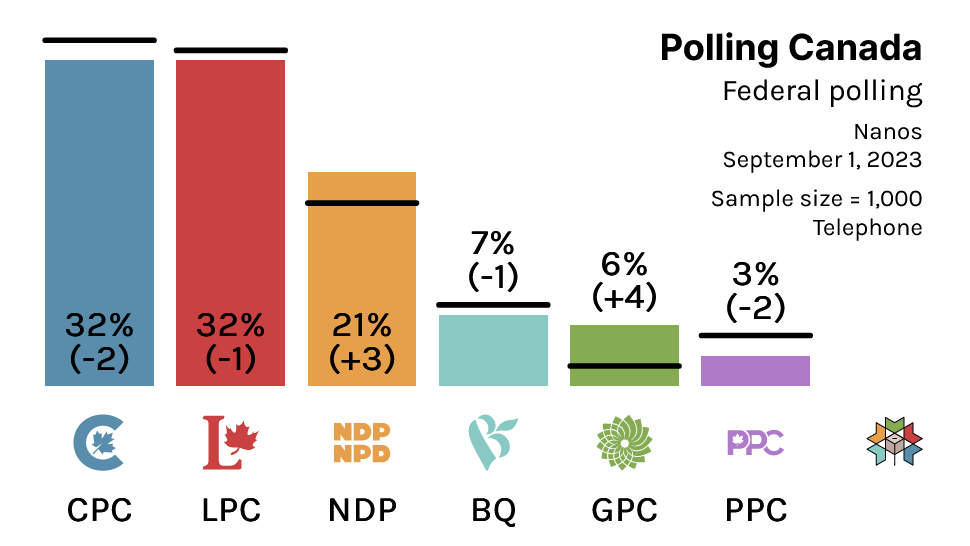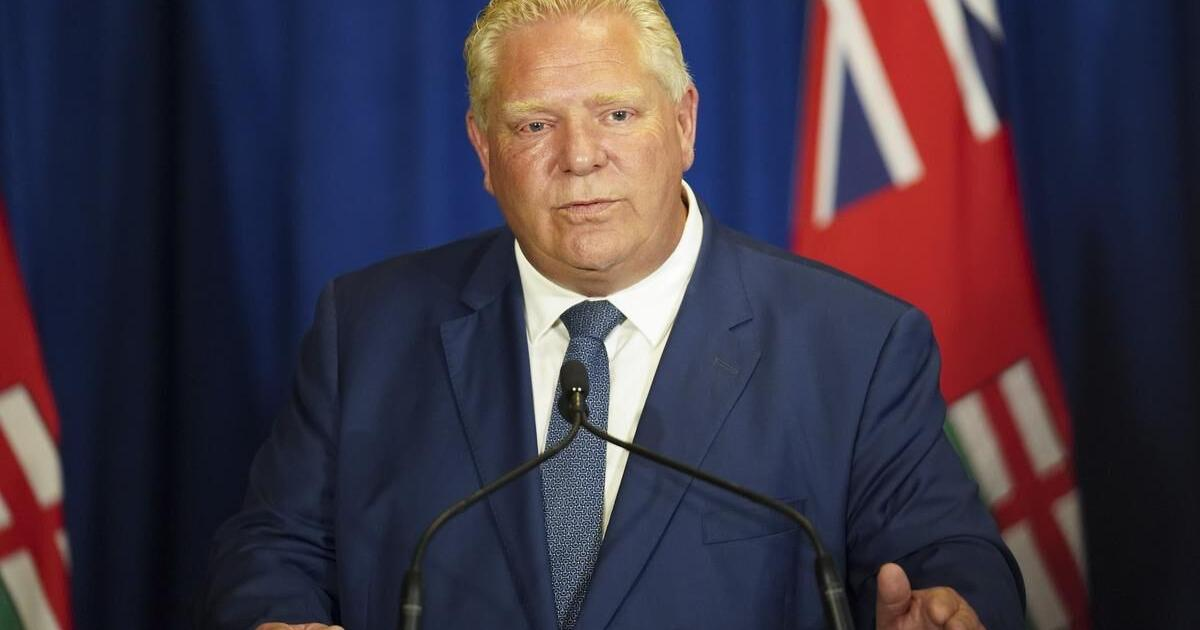- 121 Posts
- 79 Comments

 2·2 years ago
2·2 years agoIn June, India criticized Canada for allowing a float in a parade depicting the 1984 assassination of Indian Prime Minister Indira Gandhi by her bodyguards, perceived to be glorification of violence by Sikh separatists.
“They are promoting secessionism and inciting violence against Indian diplomats, damaging diplomatic premises and threatening the Indian community in Canada and their places of worship,” the Indian statement said.
This is laughably dumb. Does he think there is a federal bureau of parade floats? Some idiots in Brampton made an inappropriate float. A year prior, some idiots in Sundre made an inappropriate float that was discriminatory towards towards Sikhs. The federal government, and the country at large, didn’t sanction or approve of either float. (You’ll also note the lack of complaints from India about the Sundre float, despite India’s large Sikh population.)
Both are considered embarrassing and the municipalities should have stopped both. What it doesn’t call for, is a draconian federal government that inspects every last bit of speech and expression for potential violations. Hate speech will be treated as every other crime—complaints will lead to charges, the courts will try the crimes, punishments will be dealt.

 1·2 years ago
1·2 years ago“If we were going to shift the way that we operate, to set a target or to align the numbers with the housing capacity, it’s a monumental change in the way that Canada does immigration,” Fraser said in an interview on CTV’s Question Period with Vassy Kapelos on Sunday.
“That doesn’t mean we shouldn’t do it. But it does mean if we’re seeking to make a permanent change to the way that Canada’s immigration laws operate, we have to do it right.”
Finally. This is a message that needed to happen weeks ago. It’s acknowledging the concerns many are having, while remaining even-keeled enough to not look reactive and hasty.
I think this is a good proposal, and renews federal interest in ensuring that housing is taken care of. It’ll give an internal motivation for the federal government to push provinces and cities into zoning residential to meet our needs and regulating developers to ensure they are building enough of the right kind of housing. It means if a federal government is interested in high levels of immigration, they also have to ensure there are enough residences to absorb those people. It is win-win for Canadians.
I really hope they carry through with this kind of policy shift.

 1·2 years ago
1·2 years agoStudent advocates say providing universities and colleges with funding for housing construction would allow universities to pull Canadian and international students into campus settings, where housing is cheaper and simpler to build.
“When you build student housing … they do not have to have the same amenities that a luxury condo does,” Afousi said.
That’s what I was saying! Except, sometimes universities do allow luxury condos on campus. To which, I think there should be stipulations that all luxury suites are put on hold, otherwise the university will not be eligible for grants to build more student residences.
“It’s one of my fears,” Miller said in a recent interview with CBC News. “I do worry about the stigmatization of particularly people of diversity that come to this country to make it better, and that includes international students.”
This is a lingering concern. International students are one of the few groups that the Liberals have called out in respect to the housing crisis. If they ignore that numerous corporations are buying up housing stock either as investments or for rentals, while only talking about international students, then those students are going to be scapegoated.
Frankly, the Liberals need to ‘grow a pair’ and dare to speak out against some of their ‘stakeholders.’ Yes, they run the risk of fouling up some business and professional relationships, but as the polls are showing, the alternative is to be voted out of office. To which, why fall on your own sword for the sake of lobbyists?

 1·2 years ago
1·2 years agoKwan said the NDP will press the Liberals to expand the not-for-profit housing market and build more housing co-operatives. She said New Democrats also will pressure the federal government to change the initiatives that accompany the national housing strategy, which she said have not been “particularly effective.”
I agree that those kinds of initiatives need to be pushed forward, but ‘the devil is in the details.’ To which, we are rather scant on ‘details.’ As I’ve mentioned before, the housing crisis is a massive coordination problem as federal, provincial, and municipal governments need to collaborate to solve it. If you are the federal government, you need to come up with a way to skirt jurisdictional restrictions; this is the main challenge.
To which, if we want to take the NDP seriously, they need to say what their plans are. Are they going to go along with Daniel Blaikie’s sentiments that the CMHC should take a stronger role? Are they going to provide financial incentives for municipalities to zone for more co-operatives? Are they going to convert office spaces into low-income residential? Who knows!
The NDP could be stealing the show here. People are more cynical than ever towards the Liberals and Conservatives. All the NDP have to do is show up saying that they are brave enough to stand up to NIMBY’s and willing to implement policies that are aimed at deflating the market. I mean, they are one of the best positioned parties to do so. Both the Liberals and Conservatives are very reliant on suburban home-owners for support. The NDP are not as incentivized to appeal to that demographic.

 1·2 years ago
1·2 years agoAs mentioned last week, the gap between the LPC and CPC was starting to narrow. It looks like things are all even now, at least according to Nanos.

 1·2 years ago
1·2 years agoMethodology:
n=1000
MOE = 3.1%
Telephone
Link to last week’s Nanos poll: https://kbin.social/m/CanadaPolitics/t/405354/Nanos-Research-August-25-2023-Federal-Poll-CPC-33-LPC

 1·2 years ago
1·2 years agoOne of the few constants of the universe is the Canada-USA softwood lumber dispute. When we reach heat death, long after the sun has gone nova and the oceans have dried up, there will still be a dispute over the duties on softwood lumber.

 2·2 years ago
2·2 years agoThe federal government needs to issue another $500 benefit payment for low-income families struggling to keep a roof over their heads, NDP Leader Jagmeet Singh said Thursday. […]
He said the NDP have a long list of policies they want the government to implement, but chief among them is a second top-up to the Canada Housing Benefit targeting low-income Canadians who spend more than a third of their income on rent.
For many low-income Canadians, I’m sure they will welcome whatever assistance they can get. To which, it is good to remember that for them these initiatives will make some difference.
I suppose the primary complaint is that this is a band-aid solution that probably aggravates the underlying problems to rental costs (at least to some small extent). The benefit is means tested, so it doesn’t affect the entire housing and rental market, thus I don’t suspect that all landlords are licking their lips over an extra $500 to extract.
That all said, better rent control laws would go a lot further than another benefit. Unfortunately (for the federal NDP), that ball is in provincial jurisdiction. To which, if you are a renter, things are looking bleak as rental costs will probably inflate faster than housing costs at this time. Something needs to be done on that front, lest we want more tent cities and people living out of their vehicles.

 1·2 years ago
1·2 years agoCSIS Director David Vigneault testified that he supported invoking the Emergencies Act, even if he didn’t believe the self-styled Freedom Convoy met his agency’s definition of a threat to national security.
In his final report, Rouleau argued that the definition of “threats to the security of Canada” in the CSIS Act should be removed from the Emergencies Act.
To me, at least, I find this point interesting. It seems like the conclusion is that the Emergencies Act is a bit of a blunt tool, but overall beneficial. In some ways, it might almost be better to split the Emergencies Act into two pieces of legislation that each have different criteria and limits for how the government can respond.
To be clear, this isn’t a complaint about the usage of the Emergencies Act last year. Like most Ottawans, I too was desperate to see some relief from the situation. The reality is that it shouldn’t have come to the point where the Emergencies Act was needed. Its usage was divisive, and likely caused some harm to the social fabric of this country.
For that reason, it is good that we are looking to make the legislation more clear with a more specific criteria on how it is to be used. The less vague it is, the more likely we will have national consensus on whether its usage is appropriate.

 1·2 years ago
1·2 years agoOther than the fact that the PM has resided there since the 50’s, the residence actually has little cultural merit. (I mean, I guess it is a ‘historical’ building, but…)
This is actually a great opportunity to build something that is uniquely Canadian and foreward looking. It’s a chance to make a little bit of Canadian history.
Hire a Canadian architect and build a residence that is self-sustaining and ecologically friendly. Make it a showcase for what Canadian engineers can do. Source everything from Canada, from the foundation to the artwork. Treat it like the Avro Arrow of architecture. I’d wager that the average Canadian would find way more pride in that residence than 24 Sussex.

 1·2 years ago
1·2 years agoIt’s finally happened. Canada’s smoking problem has gotten so bad, the world is having an intervention.
Seriously though, there needs to be an acknowledgement that for some of these goals, especially the ones that are to be met within a decade or less, it is going to require a wartime effort. It will take a massive restructuring of the global economy, and countries need to be brave enough to enforce it.
To lean into the wartime analogy, we didn’t baulk at telling corporations to contribute in the past. In 1940, FDR called for manufacturers to restructure their assembly plants to help with the war effort. By 1941, only a year later, Ford had built the Willow Run plant that was manufacturing B-24 bombers to help win the war.
When Americans reflect on this, it is a matter of pride. They don’t bemoan FDR for his demands. They espouse how great it was that the entire country flipped on a dime and pulled together. Can you imagine the same reaction today?
Sadly, this is what it will take if we want to beat the upwards temperature creep. We can’t be shy about directing corporations to do their part; they have no incentive to do so on their own.

 1·2 years ago
1·2 years agoFifty-six per cent of respondents to the latest national survey from Abacus Data said Trudeau “should step down” when asked if he should run for office again. That’s compared with 27 per cent who said Trudeau should stay, and 17 per cent who were not sure.
Of those who said they voted Liberal in the 2021 federal election, 28 per cent agreed it’s time for Trudeau to leave, while 52 per cent said the prime minister should run again.
The second paragraph quoted here is the more important one.
I’m not sure that two years is enough time to do a proper leadership reset in order to rebuild the party’s reputation. It’s quite likely we end up with a John Turner/Kim Campbell scenario where the new leader carries all the political baggage of the previous administration, as well as sacrificing the incumbency advantage.
For those reasons, I think Trudeau stays on. There is virtually no advantage to switching now. If he was going to step down, it should have been shortly after the last election.

 1·2 years ago
1·2 years agoThe fact that the costs balloon that much, just for a leadership contest is despicable. It makes it incredibly intimidating for junior ministers or up-and-comers to attempt to push forward with their own leadership and new ideas. It basically guarantees that the top of the party will always be an ‘old-boys-club.’
It goes against the very idea of democracy.

 1·2 years ago
1·2 years ago“I am confident that I have acted appropriately, and that a fair and complete investigation would reach the same conclusion. However, these public statements have made it impossible, as a practical matter, for me to continue in my present role,” he wrote.
Those mean, nasty reporters and voters again! Poor, innocent
SmeagolAmato. Only helps, never does wrong.Seriously though, Steve Clark needs to follow suit. Don’t let Amato be the ‘voluntary’ fall guy on this. Heads should roll.

 1·2 years ago
1·2 years agoSupport also held up despite political belief. A majority – 53 per cent – of People’s Party of Canada supporters, the most right-wing of Canada’s mainstream parties, agreed more protection is needed.
Like, how much more of an easy win can you be handed here? Even the conspiratorial lunatics are onboard with this. Yet we fiddle about while the country burns. You can’t just throw the army at fires and hope for the best.
National Emergency Response Team, now. Everyone wants it. Greater forestry controls. Everyone wants it.
It found 81 per cent of respondents agreed the federal government should be doing more to protect Canada’s forests and wildlife.
That figure changed little across the country. The lowest support for protection came from Alberta – but even there, 76 per cent were in favour.
Everyone!!! Guh…

 1·2 years ago
1·2 years agoIn the immediate term, high interest rates are weighing heavily on the construction industry. But labour shortages and outdated construction practices are also causing bottlenecks.
Again, I question the utility of raising interest rates after a certain threshold. They are a blunt tool that might curb back inflation, but it seems there are diminishing returns as you crank interest rates up. To that, the negative effects might be outweighing any future benefits of raising them further.
When something is in short supply and you need it, raising rates simply harms the people who are going to have to buy that good or commodity anyway, or send them into a situation where their quality of life is destroyed because they cannot afford housing, or whatever it is. In this case, housing prices seem to have stabilized at an incredibly high point, mortgage rates have made it even more difficult to afford a residence, and now the construction industry is questioning whether it can afford to ramp up production. The fuck is this?

 1·2 years ago
1·2 years agoI don’t foresee the Bloc expanding, but I have sometimes mused that a confederate party in Canada would be quite successful. That is, a party that seeks to empower the provinces by reinforcing jurisdictional divisions (not to be confused with the American confederates from the Civil War). Such a party would be able to campaign on a super-grassroots level, saying that each local region knows best for itself, and that they will fight for the power to dictate their own affairs. It would be very populist.
Now, I’m not advocating for such a party. In fact, I think it would be incredibly destructive to our national unity and pit provinces against each other. (It would actually be a rather terrifying prospect, to me, at least.) That said, I think it would scoop up a ton of support. It would essentially be a Bloc Quebecois that advocates for each province.

 1·2 years ago
1·2 years agoUgh… The worst part is that you can still be out of a substantial amount of money at the whim of these companies, and apparently that isn’t exploitative enough for them. Really hoping the Supreme Court took this case just to cement that the new provisions are in place and staying. (I would welcome more consumer protections, to be honest.)

 1·2 years ago
1·2 years agoKeep in mind, if it is advantageous for the far-right to target or scapegoat Canada in order to rally support, they will. We saw as much during the convoy when Fox News started peddling that this country was some backwater that was falling into a communist dictatorship.
To that end, we can try to keep that narrative outside our borders, but I’m not sure if there is much we can do to stop that narrative from taking hold in other countries.









I mean, I understand why they are doing this. However, enforcing it is an entirely different matter. Are there going to be federal records of every question asked to ChatGPT? Are citizens supposed to launch investigations if they suspect they are getting responses from an AI?
Overall, I just question where the oversight is coming from.